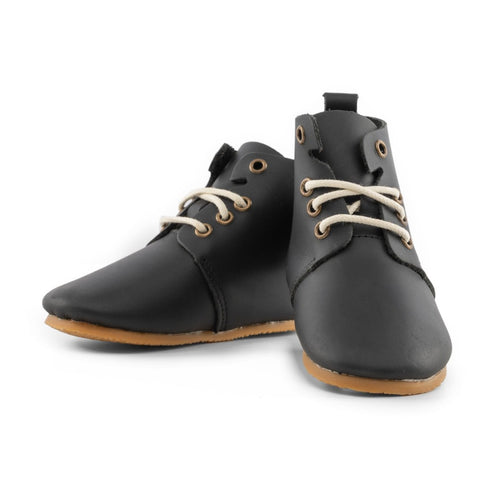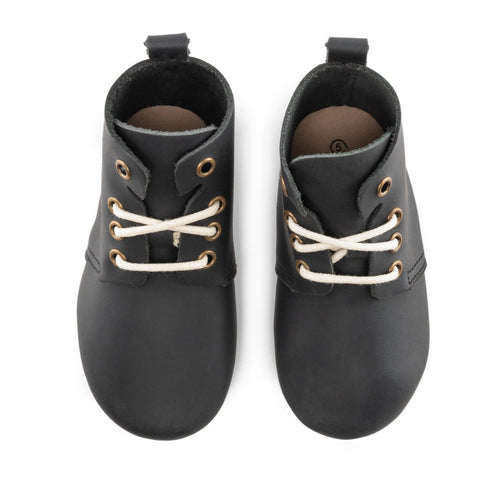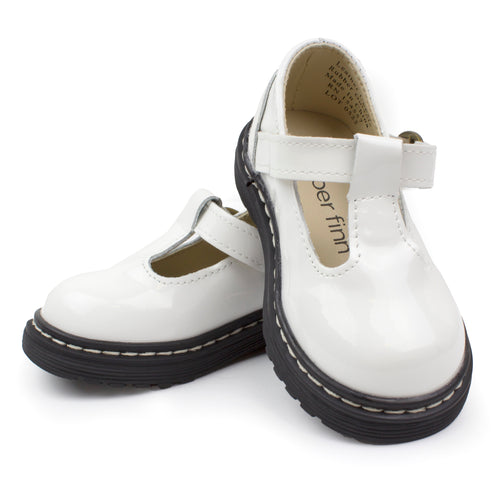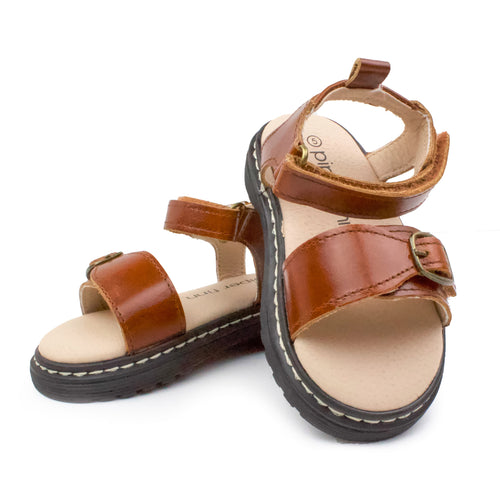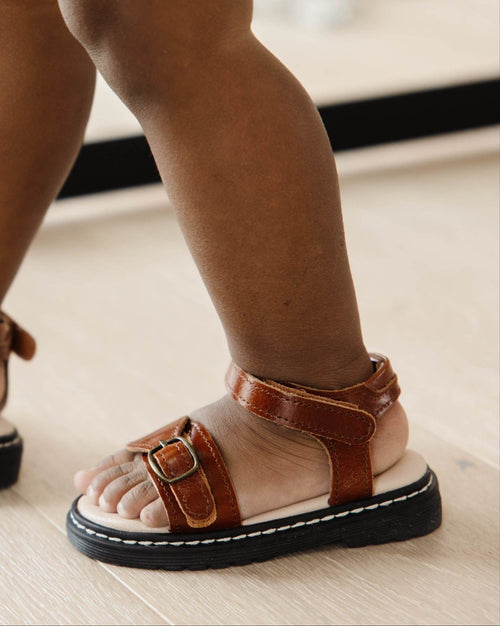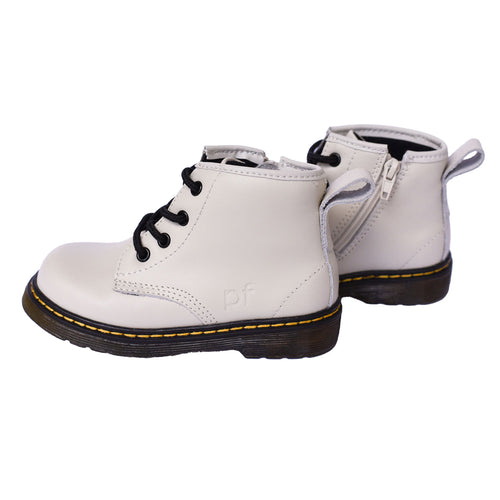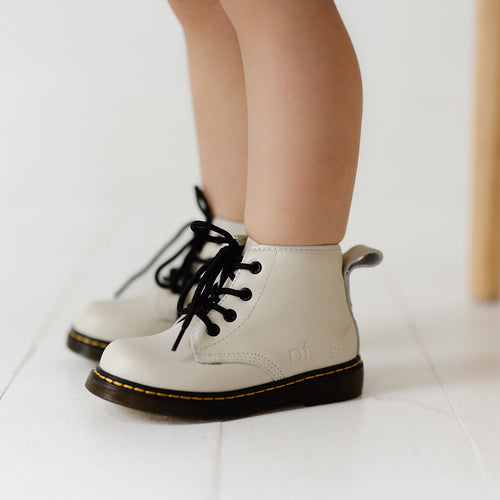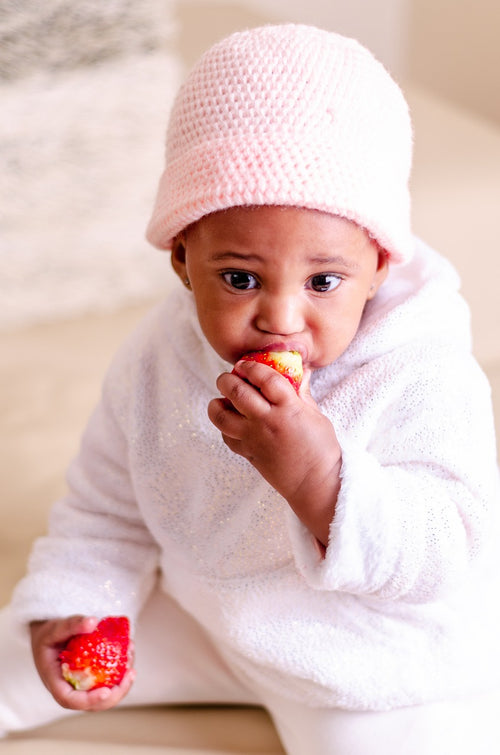Introducing solid food to your baby is an exciting milestone in their growth and development. But that doesn't mean it's not a nerve-wracking process! Many new parents struggle with knowing when to start feeding their little one's solid food, what foods to avoid and how to encourage them to enjoy their next developmental milestone, namely, munching and crunching!
Thankfully this article provides the answers and includes some helpful parent tips to get your little one's dining experience started.
When Should Your Baby Start Solid Food?
The American Academy of Pediatrics recommends that exclusive breastfeeding or infant formula should still be a part of their diet until 6 months of age, with the gradual introduction of solids beginning at around 4-6 months.
Signs Your Infant is Ready for Solid Food
The most important sign to look for when determining if your baby is ready for solid food include the following:
- Can your infant sit well if supported?
- Can your little one support their head?
- Is your baby showing an interest in food? (Leaning forward and opening their mouth?)
- Is your baby mouthing their toys or hands?
What Foods and When to Serve Them
When your baby is ready for solids, starting slowly is important. Begin with simple, single-ingredient foods that can be mashed easily, like bananas or pureed applesauce. Start by offering a few tiny teaspoons at first and gradually increase the quantity over time. Wait at least 5 days between new foods to ensure your munchkin has no adverse reactions, such as developing a rash, diarrhea, or vomiting.
It is also important to consider potential allergies when introducing new foods. If either parent has a food allergy, it may be wise to avoid them completely or speak to your paediatrician before introducing them into your baby's diet.
Foods with a higher potential of causing an allergic reaction include peanuts, tree nuts, eggs, wheat, soy and shellfish. Its recommended that these foods be avoided until your baby is over 12 months old.
Can My Baby Drink Juice?
Juice is not recommended for little tikes under 12 months old as it can cause diarrhea due to its high sugar content. Instead, waiting until their first birthday before introducing juice into their diet is best.
What Foods to Avoid
Knowing which foods are off-limits for your baby at this age is important. Avoid offering them foods that could potentially choke them, like nuts, popcorn, hard fruits & vegetables (unless pureed) and whole grapes. Also, avoid serving honey or cow's milk until after 12 months old as they have not yet developed enough immunity to fight off potential bacteria found in these items.
Positive Parenting Tips for Meal Time
Making mealtime manageable and fun can be challenging, but it doesn't have to be! Here are some great parent tips for making feeding time easy and enjoyable:
- Let your baby feed themselves with their hands when possible; this helps them learn how to self-feed and encourages them to explore different textures and flavors.
- Offer different foods so your toddler can experience a variety of flavors.
- Give them finger foods like soft fruits & veggies, pasta or pieces of bread that they can easily pick up and feed themselves.
- Be patient; it takes time for little ones to adjust to new foods and textures.
- Talk to your baby while they're eating, pointing out different colors and shapes of the food as well as describing how it tastes.
- Let your baby explore different flavors through play by offering them a variety of ingredients that they can touch, taste and smell.
- Introduce eating utensils. When feeding your little one, allow them to hold a spoon while you feed them using another spoon. As their eye-hand coordination improves, encourage your baby to use their spoon too.
The Final Helping
Introducing solid food to your little one doesn't have to be stressful if you follow these simple parent tips and listen to your baby's cues. If you are unsure, always consult your doctor or healthcare provider with questions about your baby's nutrition and development.


